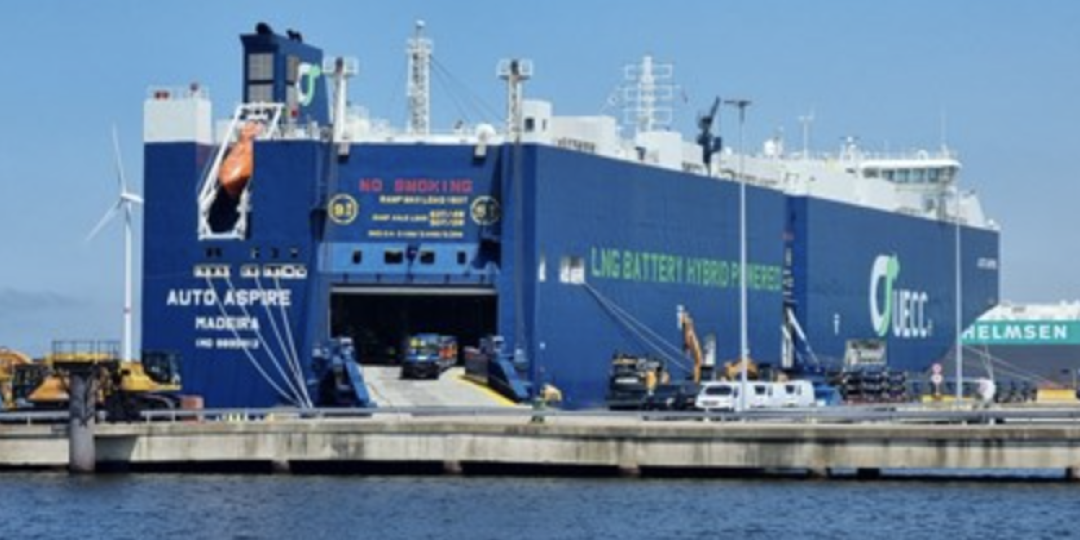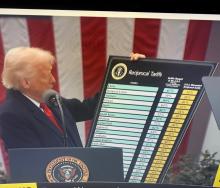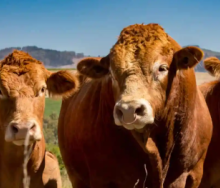A Norwegian company has run up 500 hours of ship operation using oil made from the shells of cashew nuts.
The company, United European Car Carriers (UECC), has four vessels in its short-sea vehicle carrier fleet running a 2 500-hour biofuel trial project using the new biofuel, which is supplied by a Netherlands-based company ACT Group.
According to a report by Seatrade Marine, the trial will be completed by October. It is testing ‘B100’ cashew nut shell oil (CNSL) as a 30% constituent in fuel blends.
Until now UECC and its parent company, NYK/Wallenius, have focused on LNG as an alternative fuel to decarbonise.
According to UECC’s energy and sustainability manager, Daniel Gent, the combined use of biofuel and LNG within its fuel mix has already achieved significant carbon dioxide reductions. Tank-to-wake CO2 emissions were cut by 60 000 tons in 2023, and two-thirds of this reduction was due to the use of biofuel.
The company says that by increasing the proportion of LNG and biofuel in its fuel mix, it can achieve an annual emissions reduction of 87 346 tonnes in 2025.
“We are well on the way to reach or exceed our 45% emissions reduction target by 2030. This clearly has a positive impact for those bio-supportive cargo owners in terms of reducing costs related to the EU Emissions Trading System (EU ETS),” Gent said.
Some problematic properties of cashew-nut shell oil, often used in epoxy mixes, limited the amount that could be used, he added.
“CNSL is not generally used in our industry and has a bad name among marine engineers. You generally wouldn’t want it in the cylinders of your engine,” he said.
However, his company has worked together with ACT to formulate high-quality blends.
He said the presence of “extremely questionable” biofuels with “often dubious” proof of sustainability had led them to search for an alternative and arrive at CNSL.













